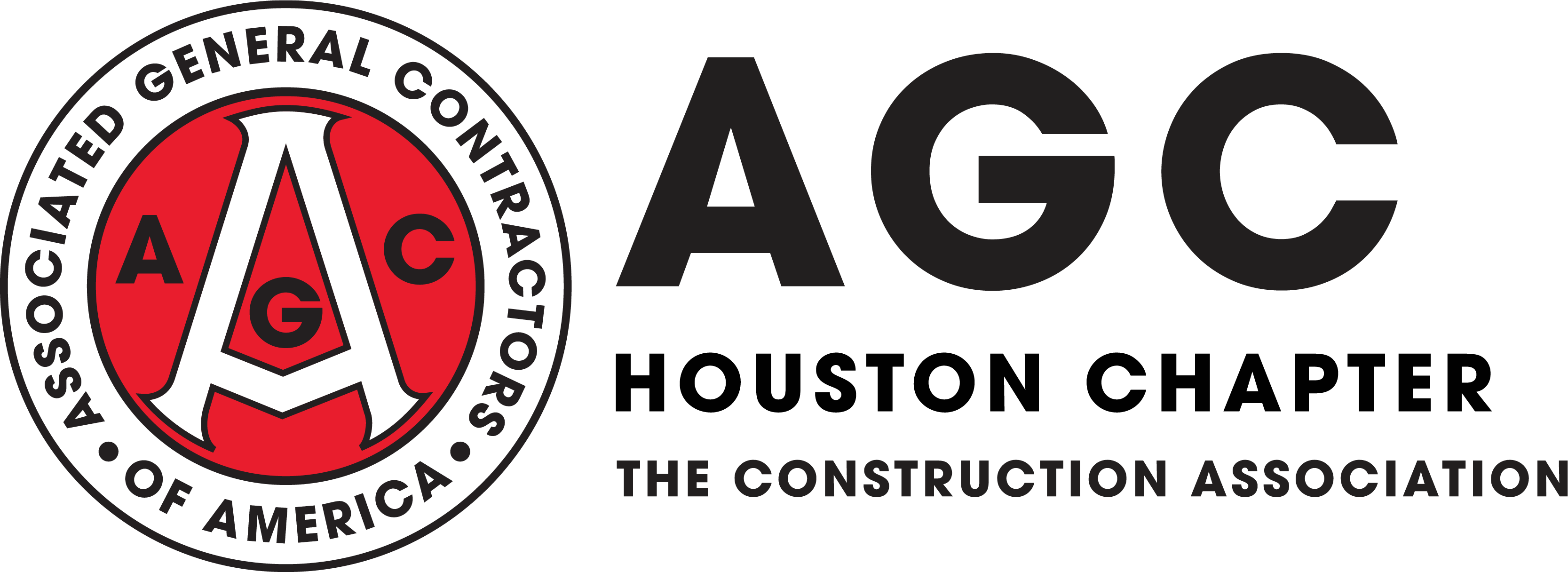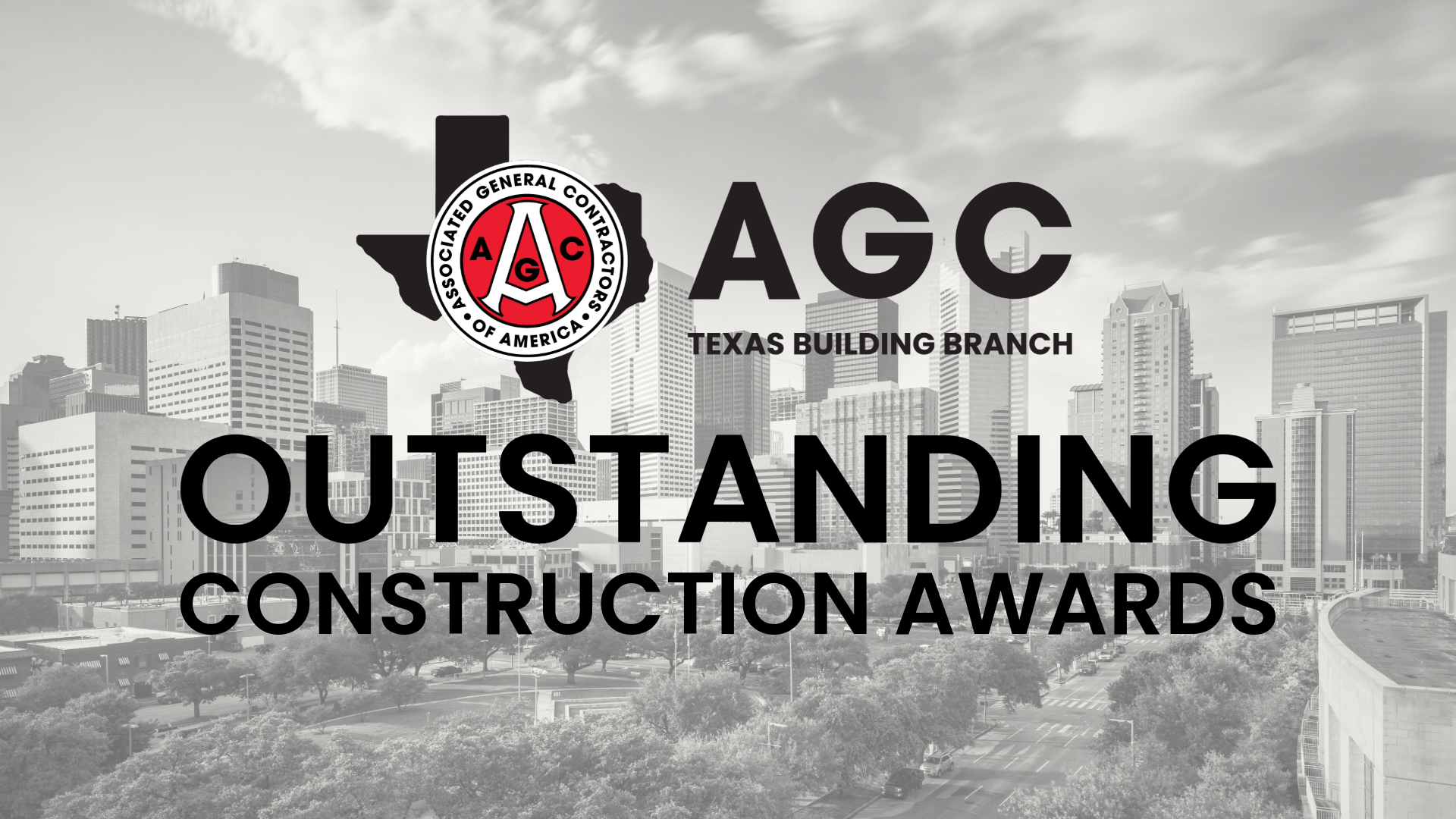![]() Print this Article | Send to Colleague
Print this Article | Send to Colleague

Tariffs and Construction
What Federal and Federal-Aid Contractors Need to Know
Tariffs are taxes imposed by governments on imported goods to protect domestic industries or generate revenue. They can be percentage-based or flat fees per unit. These taxes are paid at the point of entry into the United States by the importer of the products and affect the pricing of goods. Steel, aluminum, lumber, and electrical components are just some of the examples of the wide variety of construction materials that can be affected by import taxes and experience price fluctuations.
To help contractors navigate challenges related to possible tariffs, AGC is creating resources, educating the construction community, and advocating for contractors on key considerations on the potential impacts as it relates to construction.
AGC of America is working to provide contractors with the most up-to-date information on tariffs.
Click here to view the Tariff Resource Center for Contractors.
In January 2025, AGC developed a Tariff Memo outlining key considerations and potential impacts of the administration’s trade policies on the construction industry. It covers general circumstances that construction contractors may face in connection with an increase in tariffs and how contractors can work through them.
Click here to view AGC's Tariff Memo
_____________________________________________________________________________
How To Manage Immigration Enforcement Anxiety
It has been reported that there has been a rise in anxiety over the potential presence of immigration enforcement officers in Houston. We understand that these developments may cause concern within our industry, so please know that we are here to support you.
Immigration enforcement can create complex legal and operational challenges for employers, and it’s crucial to have clear procedures in place to handle such situations appropriately and lawfully.
Two-Part Webinar Series: Be Ready When ICE Arrives at the Jobsite
Thursday, March 20, 2025 | 1 p.m. – 2 p.m.
Thursday, March 27, 2025 | 1 p.m. – 2 p.m.
With the Trump administration's recent flurry of executive orders related to immigration action items of interest to employers and their increased scrutiny over the status of foreign workers in the U.S., the best time to prepare and protect your business from liability is now.
In this two-part webinar series, we are going to discuss the pressing topics of the day for contractors, including:
- Are we a target of ICE for an audit or raid?
- What’s the difference between a raid and an audit?
- How do you best respond to an audit/raid at your jobsite?
- Can we prepare for audit and/or raid?
- Why is it important to have your I-9 forms in order?
- How do you prepare an internal I-9 audit?
- How do you prepare and protect your legal/authorized workers from getting affected by a raid or rumor of an impending raid?
- Can you protect your legal workforce?
- How do you continue to access foreign workers legally in this environment?
- What visas/programs are available and what is their continued viability?
- Are you required to use E-Verify in states you operate in?
- Review of content from last month’s webinar.
Click here to register for the two-part webinar series today!
Below Are Some Best Practices That Could Guide Employers if ICE Agents Arrive at a Jobsite
Ask for Identification and a Warrant:
- Politely request identification from the ICE agents and the purpose of their visit.
- If they request access to the jobsite or company records, ask to see a warrant. Ensure the warrant is signed by a judge and describes the scope of the search or seizure.
Limit Access Without a Valid Warrant:
- Without a judicial warrant, ICE agents do not have the right to enter non-public areas of a jobsite. Public areas (e.g., parking lots or lobbies) are typically accessible, but private areas require authorization.
Notify Key Personnel:
- Inform the superintendent or project manager immediately.
- If possible, delay ICE's entry until the company's legal counsel or HR representative can be present, similar to procedures for an OSHA inspection.
Do Not Provide Voluntary Information:
- Employees should not obstruct ICE agents but also should not volunteer information or documents beyond what is legally required.
- Ensure employees know to direct all inquiries to a designated company representative trained to handle such situations.
Train Employees:
- Conduct training for employees and site supervisors on how to respond to ICE visits professionally and within legal boundaries.
- Reassure employees of their rights and the company’s commitment to compliance.
Legal Counsel:
- If ICE presents a warrant, contact your legal counsel immediately to review its validity and advise on compliance.
Please click here for additional resources.
_____________________________________________________________________________
Submissions Are Open for the 2024 AGC-TBB Outstanding Construction Awards
Calling all builders! Submit your top-notch projects for the 2024 AGC-TBB Outstanding Construction Awards! The deadline to apply is March 14, 2025, at 5 p.m. Only projects completed in 2024 are eligible to be submitted! Please contact Catherine Morgan (catherine.m@agchouston.org) or Pauline Preston (pauline@agctbb.org) for more information.
Please click here to submit your application!
_____________________________________________________________________________

AGC Launches Online Mental Health & Suicide Prevention
Course for Construction Supervisors
AGC just launched a new, online, and self-paced mental health and suicide prevention course designed to help construction supervisors provide resources and support for workers.
The roughly three-hour course covers key topics such as the risk factors for mental health challenges and suicide in construction, how to cultivate a psychologically safe work culture, identifying and approaching employees in need, leadership and employee engagement, and human resources considerations.
AGC developed the course to address the fact the construction sector has one of the highest suicide rates among all professions. The association collaborated with industry leaders and mental health professionals to develop an educational program to equip supervisors with the knowledge and skills to identify and support struggling workers, care for themselves, and become a catalyst for change within their organizations.


